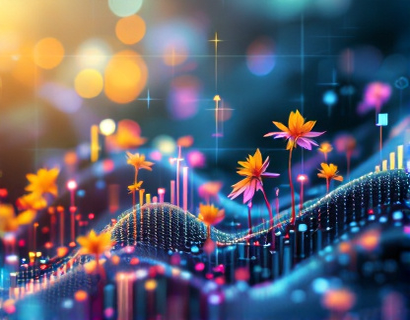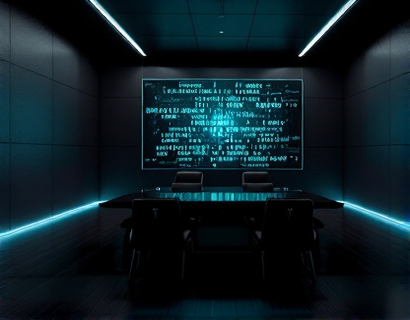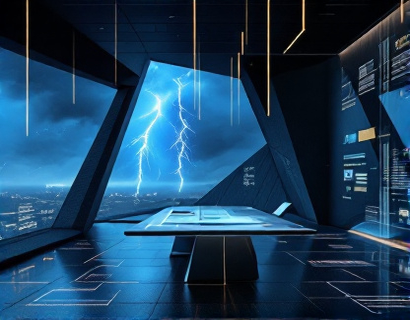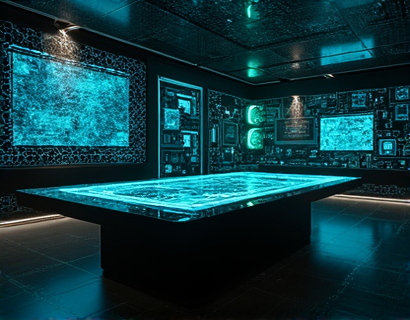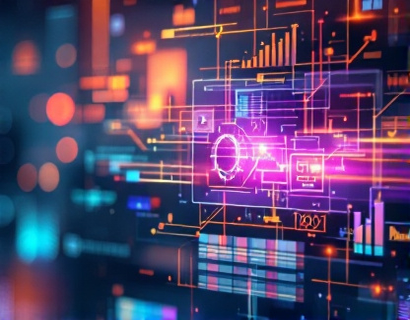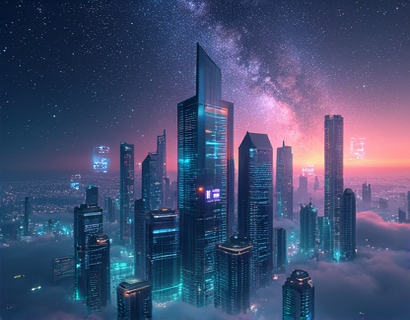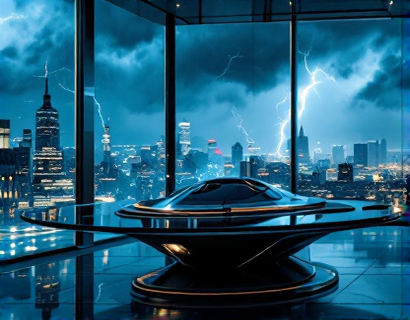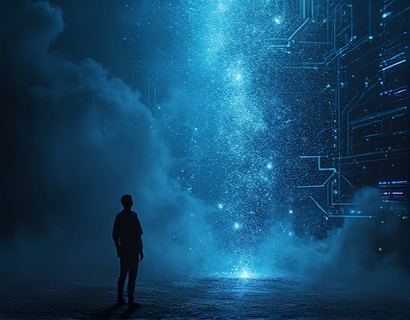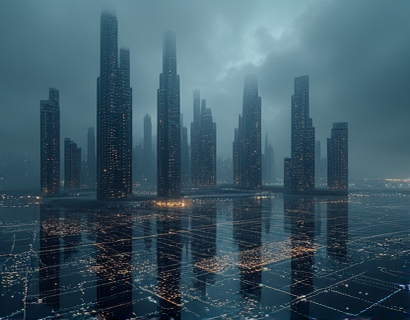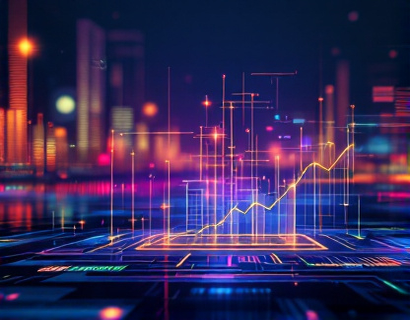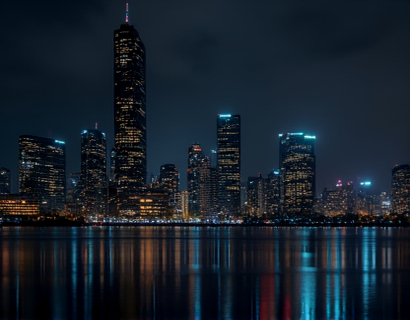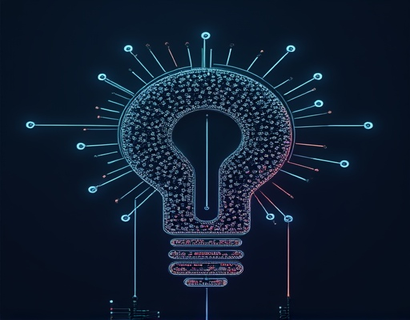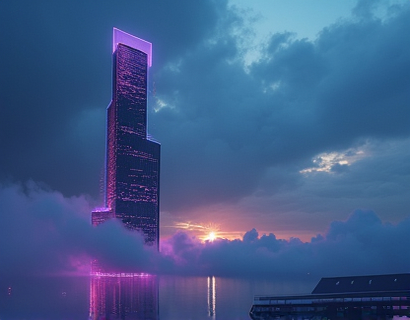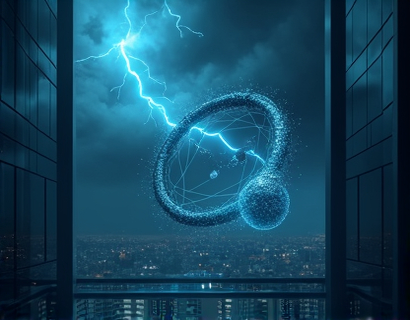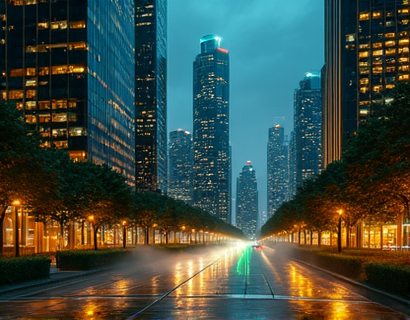AI-Powered Music Creation: Revolutionizing the Music Industry
The music industry is undergoing a transformative shift with the advent of AI-powered music creation tools. These innovative technologies are redefining how musicians compose and produce music, offering unprecedented levels of creativity, efficiency, and sound quality. This article delves into the cutting-edge AI technology that is revolutionizing music creation, making it accessible and empowering for both professional artists and aspiring creators.
The Rise of AI in Music Creation
Artificial Intelligence (AI) has been making waves across various industries, and music creation is no exception. The integration of AI in music production has opened new avenues for artists to explore, from generating melodies and harmonies to automating tedious production tasks. This technological leap is not just about convenience; it's about unlocking new creative possibilities that were previously unimaginable.
Enhancing Creativity with AI
One of the most significant impacts of AI in music creation is its ability to enhance creativity. AI algorithms can analyze vast amounts of musical data, identifying patterns and trends that human composers might overlook. This capability allows AI to suggest novel chord progressions, melodies, and even entire song structures. For musicians, this means a constant stream of fresh ideas and inspiration, breaking through creative blocks and fostering innovation.
Moreover, AI can collaborate with human musicians in real-time, adapting to their input and preferences. This symbiotic relationship between human creativity and machine intelligence results in music that is both unique and emotionally resonant. The AI acts as a sounding board, offering suggestions that can be refined and developed by the artist, leading to compositions that are richer and more complex than what could be achieved alone.
Streamlining the Production Process
Beyond creativity, AI is also revolutionizing the technical aspects of music production. Traditional production workflows can be time-consuming and labor-intensive, involving hours of manual editing and mixing. AI-powered tools can automate many of these tasks, significantly reducing the time and effort required to produce high-quality music.
For instance, AI can assist in tuning and pitch correction, ensuring that every note is perfectly in key. It can also handle complex mixing tasks, balancing levels, EQ, and compression to achieve a professional sound with minimal user intervention. This not only saves time but also allows musicians to focus more on the creative aspects of their work, rather than getting bogged down in technical details.
Intuitive Tools for All Skill Levels
The beauty of AI in music creation lies in its accessibility. Whether you are a seasoned professional or just starting out, these tools are designed to be user-friendly and intuitive. The learning curve is minimal, making advanced music production techniques available to a broader audience.
For beginners, AI-powered software can guide users through the music-making process step by step. It can suggest appropriate settings for instruments, provide tips on song structure, and even generate demo tracks to inspire new projects. This guidance helps aspiring musicians build their skills and confidence, accelerating their learning curve.
For professionals, AI tools offer sophisticated features that enhance their workflow. Advanced algorithms can analyze existing tracks, providing insights into areas for improvement. AI can also assist in creating complex arrangements, automating repetitive tasks, and even generating high-quality backing tracks. These capabilities allow experienced musicians to focus on the artistic aspects of their work, pushing the boundaries of what is possible in music production.
Collaboration and Community
The rise of AI in music creation has also fostered a sense of community among musicians. Online platforms and forums dedicated to AI music tools have become hubs for collaboration and knowledge sharing. Artists from different backgrounds and genres can connect, exchange ideas, and work together on projects, regardless of their physical location.
These communities often feature tutorials, webinars, and workshops that demystify AI music creation tools. Musicians can learn from each other, share best practices, and stay updated on the latest advancements in AI technology. This collaborative environment not only enhances individual skills but also drives the collective evolution of music creation.
Ethical Considerations and the Future of Music
As AI becomes more integral to music creation, ethical considerations come to the forefront. Questions about authorship, ownership, and the role of human creativity in AI-generated music are increasingly relevant. It's essential for the industry to establish clear guidelines and standards to address these concerns, ensuring that AI enhances rather than undermines the artistic value of music.
Looking ahead, the future of music creation with AI is promising. As technology continues to advance, we can expect even more sophisticated tools that further blur the lines between human and machine creativity. The integration of AI with other emerging technologies, such as virtual reality and blockchain, could lead to entirely new forms of musical expression and distribution.
Ultimately, AI-powered music creation is not about replacing human musicians but about augmenting their capabilities. It's a powerful ally that can help artists realize their visions more effectively, opening up new creative horizons and elevating the art of music to unprecedented heights.
Conclusion
The integration of AI in music creation is a game-changer, offering unparalleled opportunities for musicians to innovate and excel. By enhancing creativity, streamlining production processes, and providing intuitive tools, AI is making music creation more accessible and exciting than ever before. Whether you are a professional artist or an aspiring creator, embracing AI technology can significantly elevate your musical journey. The future of music is here, and it is brighter and more dynamic than ever.





